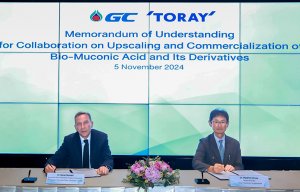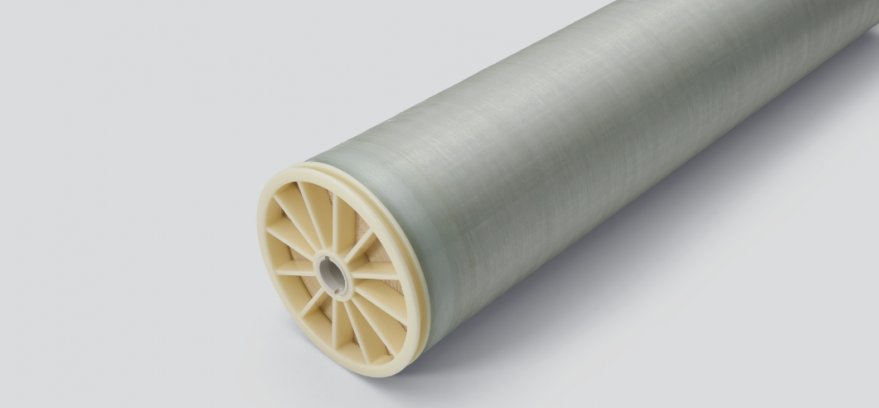
Route to large-scale bio-based nylon 6.6 production
Synthesis technique combines microbial fermentation and chemical purification, with commercialisation planned by 2030.

29th August 2022
Innovation in Textiles
|
Japan
Toray Industries has developed what it claims to be the world’s first 100% bio-based adipic acid – a raw material for nylon 6.6 – from sugars derived from inedible biomass.
It has been achieved via a proprietary synthesis technique combining microbial fermentation and a chemical purification technology that harnesses separation membranes.
The company has started to scale up its capabilities in this area and will test the polymerization of nylon 6.6, develop production technology, conduct market research, and take steps to commercialise applications for the bio-based adipic acid by around 2030.
Nylon 6.6 has been used for many years in fibres, resins and other applications due to its exceptionally durable, strong and rigid properties. Pressures to develop eco-friendly nylon 6.6 have risen in recent years and one challenge is that conventional chemical synthesis for producing adipic acid generates a greenhouse gas called dinitrogen monoxide.
Toray has discovered microorganisms that produce an adipic acid intermediate from sugars and has reconfigured metabolic pathways within microorganisms to enhance production efficiency by applying genetic engineering technology, which artificially recombines genes to streamline synthesis in microorganisms. It has also employed bioinformatics technologies to design optimal microbial fermentation pathways for synthesis. The quantity of the intermediate synthesized by microorganisms has increased more than 1,000-fold since the initial discovery, and the efficiency of synthesis has improved dramatically.
Toray is using reverse osmosis separation membranes to concentrate the intermediate in the purification process. This approach is said to be more energy efficient than other methods.
The bio-adipic acid production technique is free of dinitrogen monoxide emissions, unlike the manufacturing processes for petroleum-derived adipic acid,
The achievement is partly due to joint research with the National Institute of Advanced Industrial Science and Technology, and RIKEN, Japan’s largest research institution.

Business intelligence for the fibre, textiles and apparel industries: technologies, innovations, markets, investments, trade policy, sourcing, strategy...
Find out more